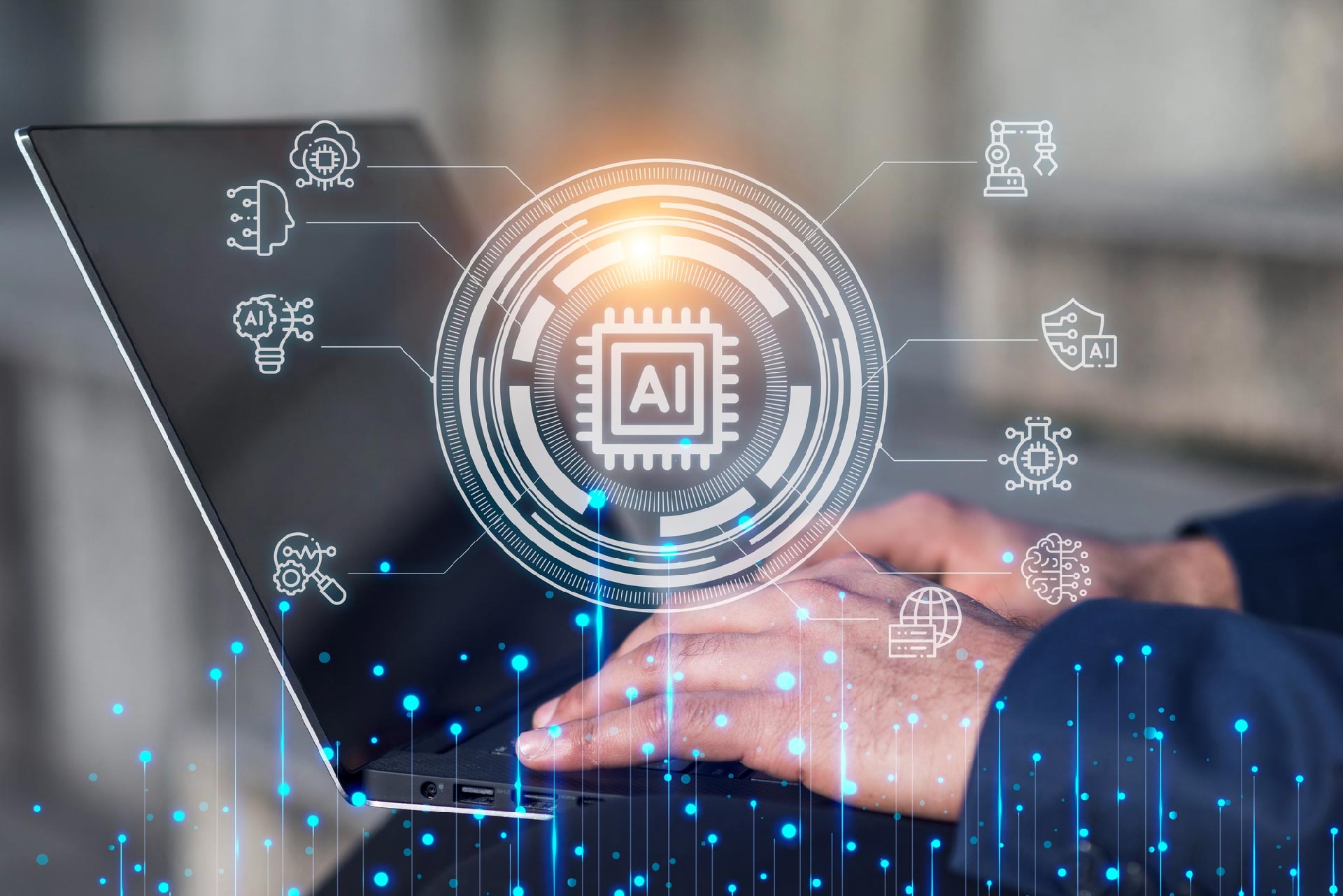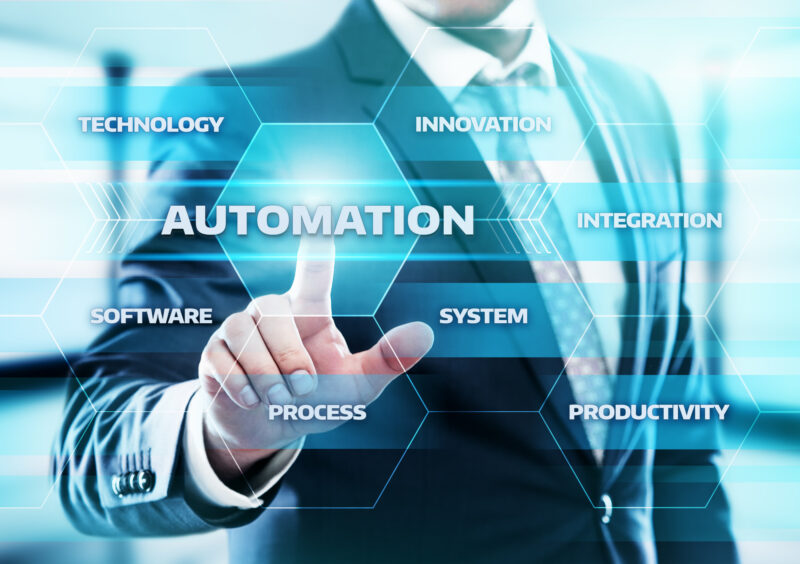In an age where innovation drives competitive advantage, artificial intelligence (AI) emerges as a transformative force reshaping the landscape of business operations. Companies, regardless of size or sector, are increasingly turning to AI to automate their workflows—a move that not only enhances efficiency but also significantly slashes operational costs.
Imagine a world where mundane, repetitive tasks are handled effortlessly by intelligent algorithms, allowing human workers to focus on strategic, high-value activities. From customer service chatbots that operate around the clock to sophisticated data analytics that inform decision-making, AI is ushering in a new era of productivity.
While the initial investment might raise eyebrows, the long-term savings and streamlined processes reveal a compelling case for embracing this technological revolution. As organizations harness the power of AI, they navigate a complex interplay of innovation and practicality, paving the way for a future where agility is paramount.
The Rise of Automation: How AI is Changing the Workplace Landscape

The rise of automation, fueled by artificial intelligence, is reshaping the very fabric of workplaces across diverse industries. Gone are the days when repetitive tasks consumed precious hours; today, intelligent algorithms and machine learning systems streamline operations, drastically cutting down the time and cost associated with labor-intensive processes.
Picture an office where mundane data entry is conducted by robots, allowing human employees to focus on strategic decision-making and innovation. However, this shift is not without its challenges.
As companies embrace AI-driven tools, a new paradigm emerges, one that balances efficiency with the profound implications for employment and workplace dynamics. The landscape is evolving rapidly, with each advancement in automation prompting businesses to rethink roles, redefine skill sets, and adapt to this brave new world of work.
Cost Reduction Strategies: Measuring ROI: Assessing the Financial Impact of AI on Business Operations

Cost reduction strategies powered by AI are revolutionizing the way businesses assess their financial landscape. By automating repetitive tasks, streamlining operations, and enhancing decision-making processes, companies can significantly lower their operational costs.
However, understanding the financial impact necessitates a robust framework for measuring ROI. It’s not merely about the initial investment in AI technology; it’s essential to evaluate long-term savings, increased efficiency, and the overall productivity gains.
Consider the time saved on menial tasks—time that can be redirected toward innovation and growth. Businesses must also account for the qualitative benefits, such as enhanced customer satisfaction through quicker response times.
By meticulously analyzing these various metrics, organizations can uncover the true value of their AI initiatives, enabling a clearer picture of financial health and strategic direction in an increasingly competitive marketplace.
Future Outlook: The Evolving Role of AI in Workflow Automation and Cost Management

As we gaze into the future, the role of AI in workflow automation and cost management is poised for a transformative leap. Companies are not merely adopting AI as a tool; they are integrating it into the very fabric of their operations.
Imagine a landscape where intelligent systems anticipate bottlenecks in real time, deploying resources with the precision of a skilled conductor guiding an orchestra. Automation will evolve beyond simplistic task completion; it will become a strategic partner, analyzing vast data sets to provide insights that drive decision-making.
Moreover, as machine learning algorithms refine their capabilities, organizations can expect a significant reduction in operational costs through optimized resource allocation and minimized human error. Yet, this evolution also raises important questions about workforce dynamics and the necessity for reskilling employees to work alongside these advanced systems.
The future is not just about efficiency; it’s about creating a harmonious synergy between human intelligence and artificial prowess.
Conclusion
In conclusion, the integration of AI into business workflows is revolutionizing the way companies operate, leading to significant cost reductions and increased efficiency. By automating routine tasks and facilitating smoother processes, businesses can reallocate resources toward more strategic initiatives.
The emergence of autonomous AI agents further amplifies these benefits, as they are capable of executing complex decisions with minimal human intervention. As organizations continue to embrace these advanced technologies, they not only enhance productivity but also position themselves competitively in a rapidly evolving market.
Embracing AI is no longer a luxury but a necessity for companies aiming to thrive in today’s dynamic landscape.


